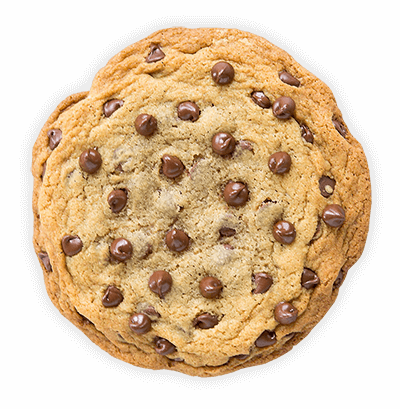There are a number of common symptoms that require consultation with a gastroenterologist for proper examination and possible treatment.
These signs may seem minor and are often ignored, but they can indicate a serious condition that could be prevented with timely medical care.
- Abdominal Pain
Any painful sensations in the abdominal area—regardless of their nature, intensity, or duration—require medical attention. Try to note when the pain occurs (on an empty stomach or after eating), its character (dull, sharp, sudden attacks, constant mild pain, etc.), and whether other symptoms accompany it. This information will be very helpful to your doctor.
- Dyspepsia
A disruption of normal stomach function, characterized by bloating, heaviness, early satiety, nausea, belching, and flatulence. A gastroenterologist can determine the cause and recommend treatment.
- Heartburn
A very common symptom today—burning sensation or pain behind the breastbone. This requires medical evaluation and, if necessary, gastroscopy to determine the most appropriate treatment.
- Difficulty Swallowing Solid Food
Frequent difficulty or pain when swallowing, coughing during meals, or choking on food are not harmless symptoms and should be discussed with a gastroenterologist.
- Nausea After Eating
If nearly every meal causes nausea and loss of appetite, you should consult a doctor to identify the cause. This symptom is typical of many conditions—some mild, others more serious with potentially severe consequences. A gastroscopy and additional tests are often required.
- Weakness, Fatigue, Easy Exhaustion
Although general and non-specific, these symptoms often accompany digestive system disorders.
- Constipation
Painful or difficult bowel movements, lack of spontaneous defecation, or reliance on laxatives require medical consultation.
- Alternating Constipation and Diarrhea
If you experience frequent constipation followed by diarrhea, it is important to take this seriously and seek medical advice. This symptom may indicate an underlying oncological condition.
- Diarrhea
If you have bowel movements three or more times a day, with stool that is watery or mushy, and this persists for more than 10 days, you must see a gastroenterologist. Further testing and treatment are usually required.
- Blood and/or Mucus in Stool
If abnormal substances appear in your stool, such as blood or mucus, a consultation with a gastroenterologist is necessary. This may be followed by an endoscopic examination to establish a diagnosis and begin appropriate treatment.


 On this page, you can change your choices at any time after you have read and understood our
On this page, you can change your choices at any time after you have read and understood our